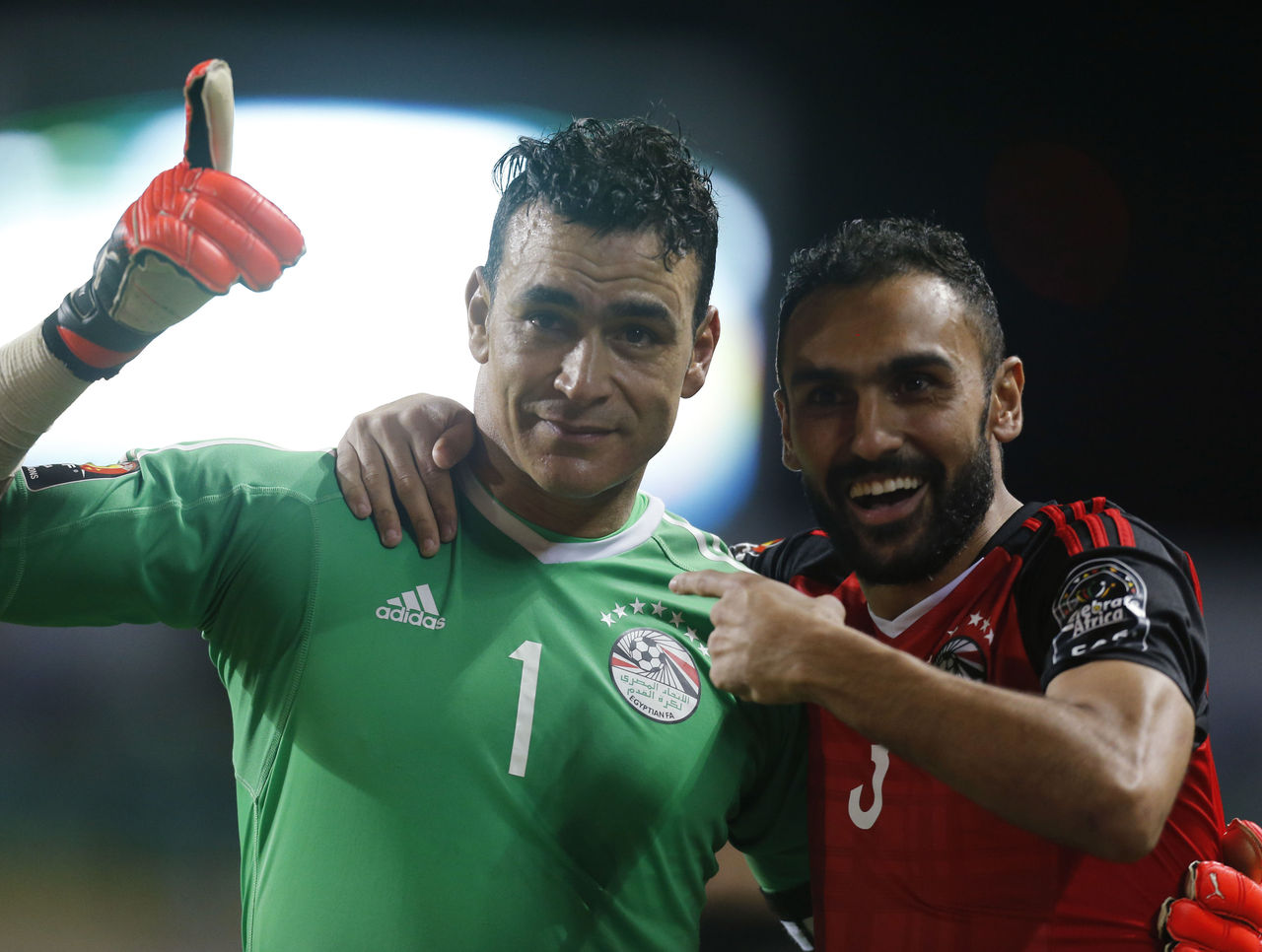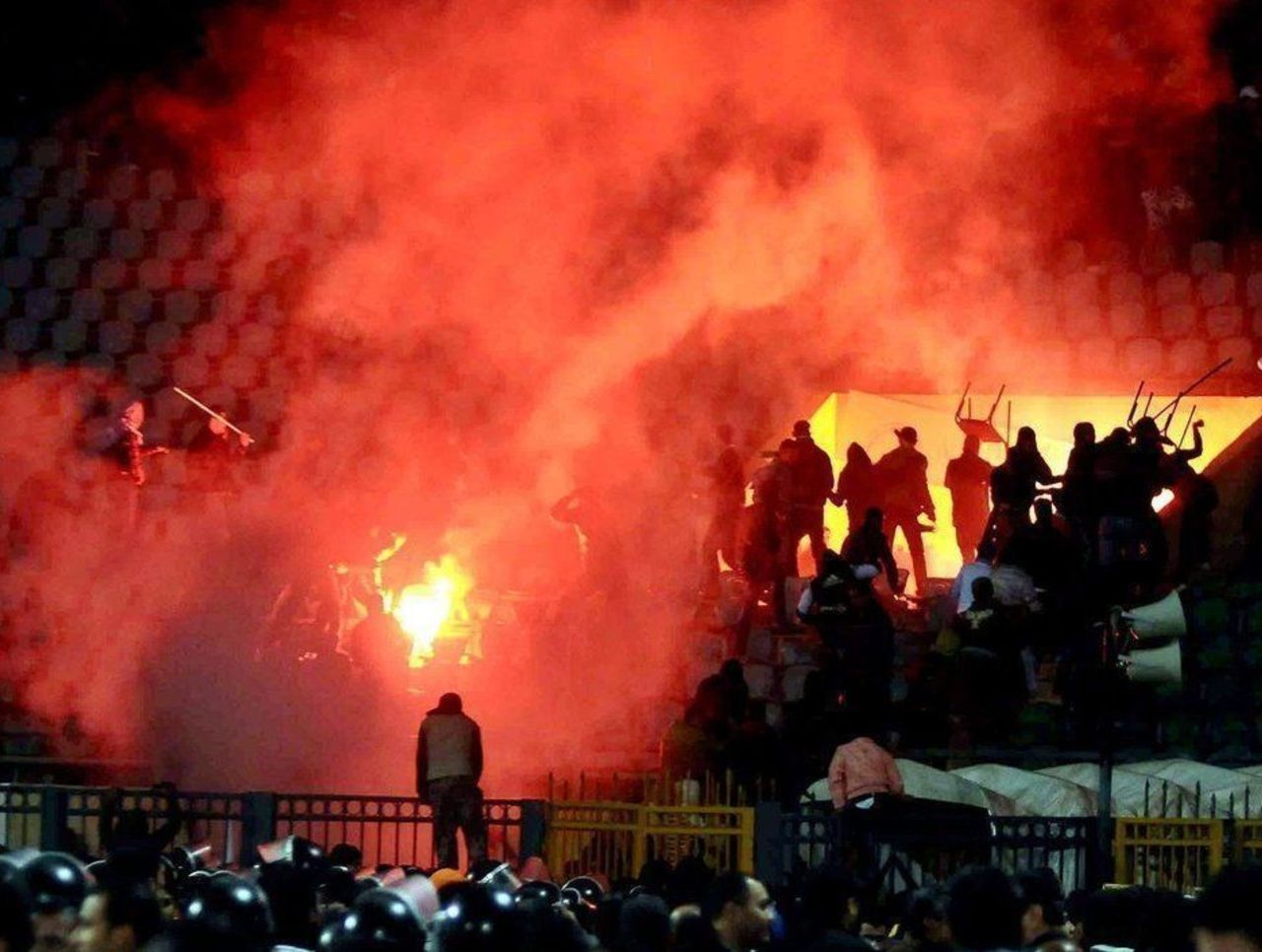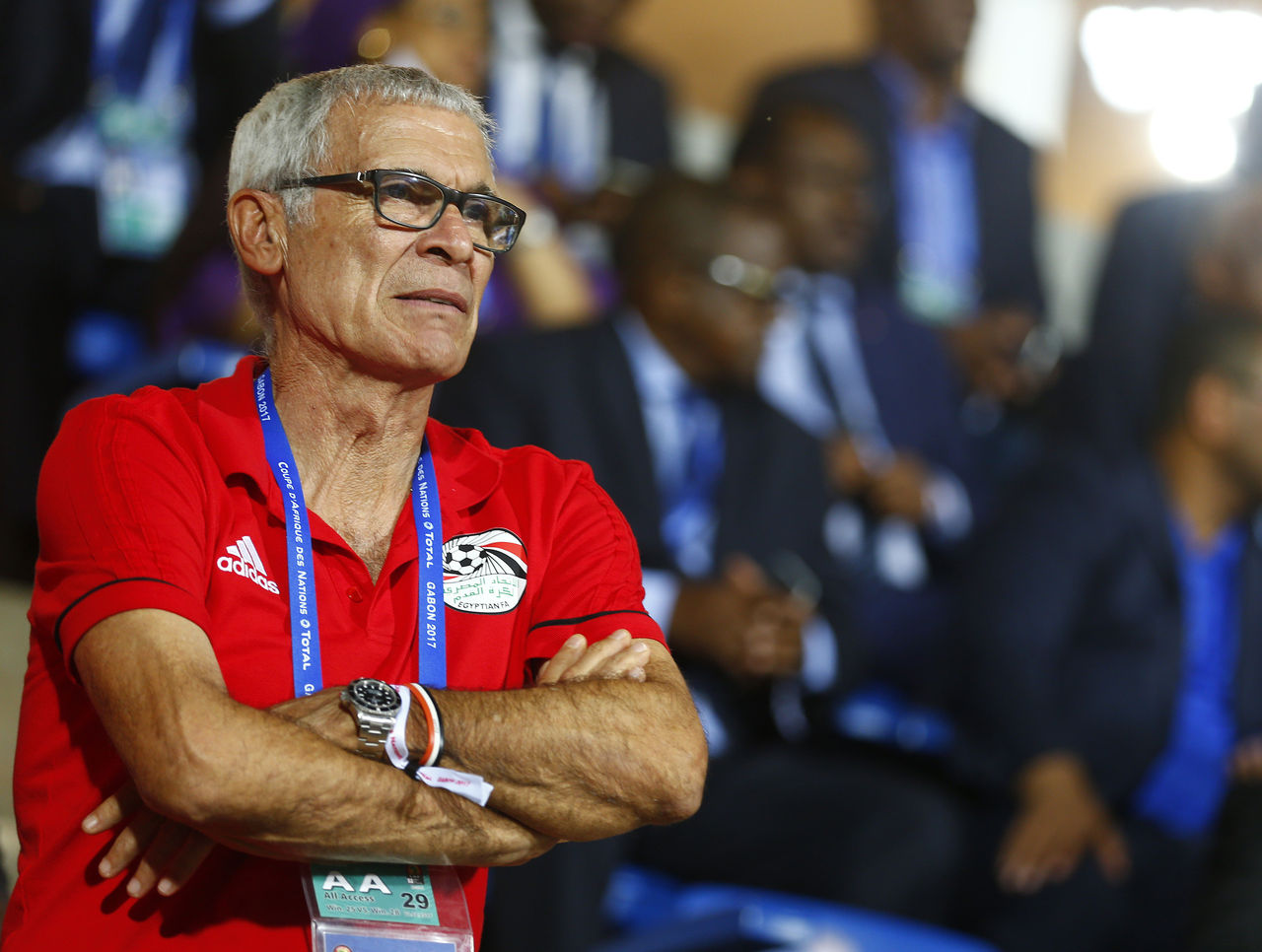The Pharaohs' restoration: Egypt in search of a meaningful triumph
Egypt is one step away from a record eighth Africa Cup of Nations title, with Cameroon the last obstacle to a victory that would represent far more than the rejuvenation of one of the continent’s most storied sides.
Related - Indomitable spirit: No room for egos within Cameroon's love of football
As is the case with many countries, Egypt and football have a complicated relationship.
The nation’s biggest sport is both a form of escapism for many and a reminder of the challenges facing North Africa’s most populous state. Consider the contemporary trope "Stick to sports" - an adage that attempts to wedge a spike between political elements and the trivialities of sport.
In Egypt, that split is incomprehensible.
Linked fortunes of sport and state
A regional power's football resembled its national unrest when the seven-time AFCON winner was absent from the last three tournaments after winning three on the bounce.
"For the country and fans in Egypt it's going to be a massive thing," Egypt international and Hull City wide player Ahmed Elmohamady told the Guardian's Nick Ames prior to the team's semi-final victory over Burkina Faso earlier in the week.
"After all that's happened in the last few years back home, in football and everything else, these fans want to celebrate again."

The Egyptian Premier League's two biggest sides and winners of all but two top-tier crowns, Al-Ahly and Zamalek, are supported by Ultras groups that combat both each other and the police state that represented President Hosni Mubarak's maligned authority.
The country’s footballing decline has mirrored tensions at home, where the national league has struggled with violence and the difference between the political and footballing ambitions of its hooligans has become nearly indiscernible.
Violence beyond and within the sport
In 2010, just after Egypt won its record seventh AFCON, Mubarak's oppressive grip on the country was waning despite his many attempts to suppress dissent. In the years that followed, the domestic league season would be cancelled twice.
When Mubarak was ousted Feb. 11, 2011 after a 30-year reign culminated in 18 days of massive protests, the Arab Spring spread across other nations hamstrung by similar tyrannical rule, and Mubarak was tried for his role in the death of 800 demonstrators. His successor, Mohamed Morsi, offered no more stability, and he too was toppled just two years after an uprising to depose the country’s fourth president.
In the Port Said massacre of Feb. 1, 2012, 74 people were killed and another 500 injured after Al-Masry supporters flooded the pitch at the army-owned stadium during a clash with Al-Ahly players. Armed with stones and knives, pitch invaders targeted Al-Ahly and state police.
The Port Said massacre led to the cancellation of the Egyptian Premier League season in 2011-12, marking the fifth time the top-flight campaign had been axed for various reasons.
A year later, the league was canceled for a second straight season after the 2013 Egyptian coup d'etat led to General Abdel Fattah el-Sisi's removal of Morsi from office.

Domestic tensions trouble national team
The turmoil reflected by the Egyptian Premier League seeps through to a national-team squad where 12 of the 23 members play domestically.
When asked of the relationship between sport and politics in Egypt, Elmohamady said that discord played a role in diminishing The Pharaohs' status on a continental stage.
"It was a big reason for everything," the 29-year-old Elmohamady explained. "Most of the players in our squad played in Egypt, so it affected both them and the team. The league wasn't being played and that didn't help when we met to play qualifying games.
"When players haven't played in the league, just training, it's very difficult because games are different. It was a hard time but it's gone now; in the last few years everything has come back again (since Boxing Day 2013) and there are games every three days, which is good because here we are playing every three days too."
An unconventional marriage
One step from an eighth AFCON title, it's impossible not to draw parallels between Egypt's footballing resurgence and that of manager Hector Cuper.
Appointed Egypt manager in March 2015, Cuper has been curiously absent from world football of late, much like the side he bosses. After leading Valencia to a domestic cup and two runner-up finishes in the Champions League at the turn of the century, the Argentine spent erratic short-term spells with club and country, with sides like Los Che and Inter Milan eventually making way for the unfancied likes of Aris Thessaloniki, Orduspor, and Al Wasl.
On the surface, his marriage with The Pharaohs seems atypical, though with a little digging, it makes heaps of sense. Egypt needed Cuper like he needed a new ambition.
"They asked me to qualify for the Africa Cup of Nations and play it; they didn't ask me to win it," UEFA's Club Coach of the Year in 2000 told the Guardian's Sid Lowe.
Cuper is hinting at the ultimate goal of qualifying for the 2018 World Cup, which would be Egypt's first since getting bounced from the group stage sans victory in 1990.

With only three defeats in 20 matches since he took over, The Pharaohs appear on their way.
"He came with a new system, different ideas and tactics, which was difficult for us to adjust to at first," Elmohamady said about Cuper. "But he's a very, very clever manager and got the system into our minds really quickly, which is very tough for a new, foreign coach."
That defensive-minded system suggested a switch from the usual African tactics, and it's working, with Egypt conceding just one goal on its way to Sunday's final. That rigidity was Egypt's saviour against Burkina Faso, and also benefits purposeful wingers Mohamed Salah and Trezeguet against the run of play.
"Some people say it's defensive-minded but it suits us and gets results. That's what you want, whatever system you play," Elmohamady adds.
While sport is secondary to that which drives Egyptians, a record eighth continental conquest would mark the revival of a once-revered national program that is inalienably bonded to its people.
One step from that celebrated accomplishment, Cuper and his players appreciate and freely accept that an AFCON 2017 title would mean so much more.
"They needed a way of expressing themselves - and we have become that," Cuper said. "They needed a team to support."
HEADLINES
- Latest transfer news and rumors: Newcastle spend big to replace Isak
- Arsenal optimistic Havertz will return soon after 'minor' knee surgery
- Report: Chelsea agree to sign Man United's Garnacho for £40M
- UCL draw: PSG face Barca, Madrid and Liverpool meet in league phase
- Amorim: 'Something has to change' after embarrassing League Cup exit